Africa's Pre-Colonial Achievements: Unveiling the Continent's Rich Heritage
Things they refused to tell the world.
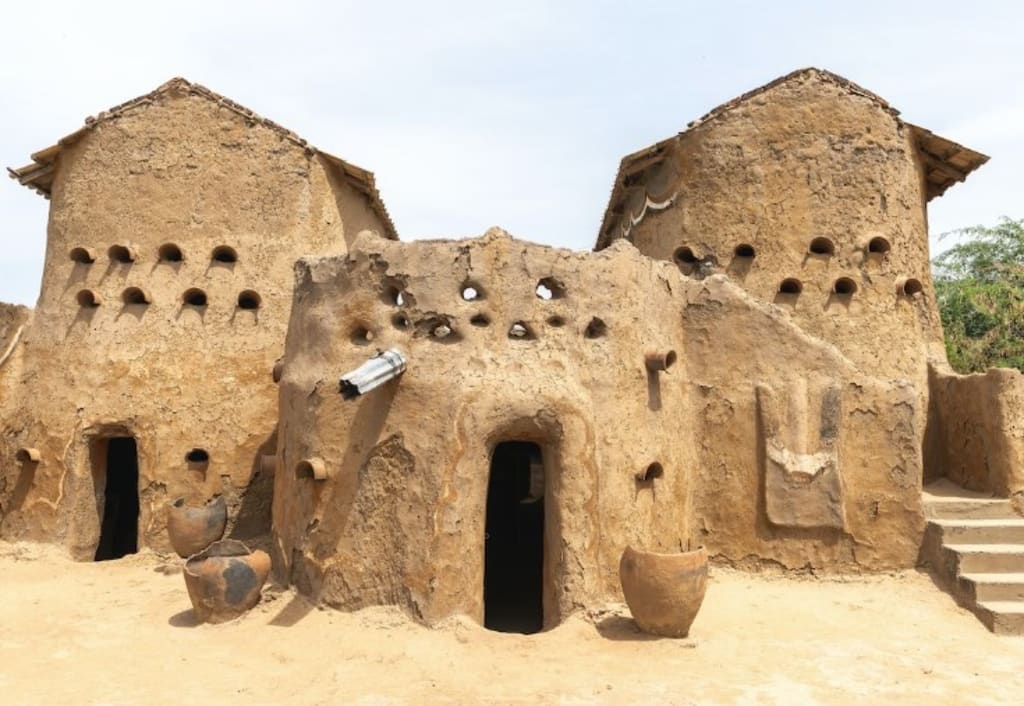
European settlers carried their own opinions on the African way of life with them when they first arrived in the continent. They considered the loincloths, grass huts, and thatched roofs to be primitive in comparison to their own ideals of civilization because they were from colder climes that required the usage of clothing. Three essential components—commerce, civilization, and Christianity—were brought with the goal of "improving" Africa. The spread of Christianity had a particularly negative effect since it forced Africans to give up their own identities and accept new ones, even though Africa had already created its own forms of trade and civilization under the influence of capitalist nations. Africans were baptized in the names of foreign gods and saints, and colonization was sold as a rise of humanity from its pre-existing condition.
There is still a sense that colonization "pimped" Africa. The reality, however, is quite the contrary. Africa's economic, social, philosophical, and political structures were all significantly altered by colonialism, and its effects are still felt today. Because the colonial system was created to benefit white settlers at the expense of black Africans, Africa struggles to face its realities. When black people disparage other black people, they are betraying their own genealogy and tradition, which is depressing. This piece seeks to highlight some of Africa's accomplishments before colonization.
Medicine
African healers were well-versed in the therapeutic benefits of plants, trees, and roots. Many Africans still favor contacting traditional healers since their treatments are more affordable and effective than Western medicines, even though this expertise is slowly fading. Africans had separately developed the technique of caesarean sections, which is one striking example. Robert Felkin noted the use of hot irons for cauterizing and controlling bleeding during childbirth, reeds for episiotomies, and banana wine as an anesthetic as early as 1897. Wounds were stitched with iron spikes, while bark and natural pastes were employed as antibiotics.
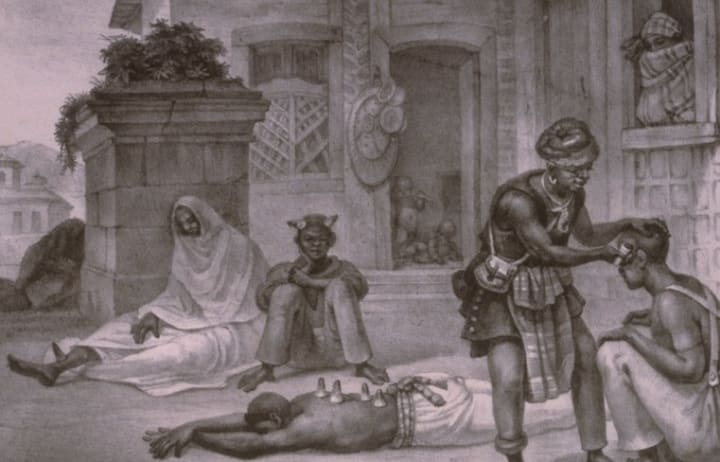
Knowledge
Most well-known civilizations have been outdone by ancient African civilizations like Egypt and Kush. The renowned Library of Alexandria, the largest library in the classical era, was in Alexandria, Egypt. It was founded in 295 BC. Egypt was also a leader in the creation of a 365-day, 12-month calendar. It's interesting to note that the Decalogue may have been influenced by older Egyptian texts given the similarities between the Ten Commandments and the Egyptian Book of the Dead. The alignment of the Giza Pyramids with the constellation of the Three Kings is proof that the Egyptians were experts in disciplines like astronomy, physics, and mathematics. Even today, the methods employed to build these enormous structures are a mystery; some have even suggested alien intervention. Debunking false claims that ancient Egyptian civilization originated in Africa is crucial.
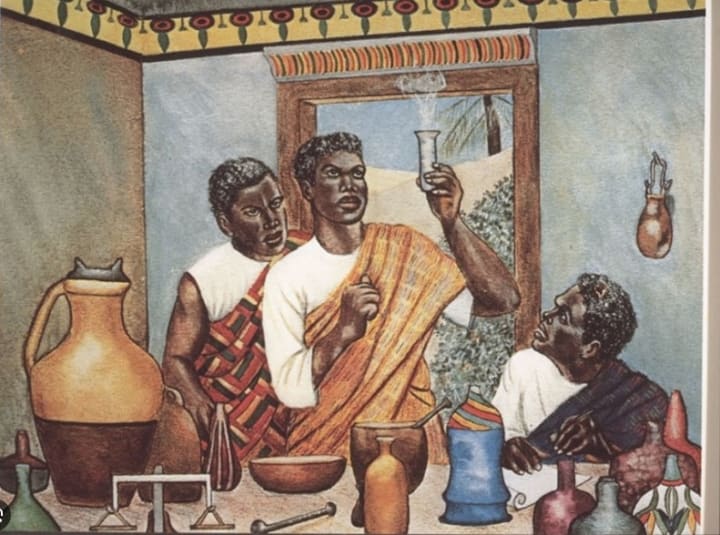
Architecture
The pyramids of Egypt are not the only African architectural wonders. Another illustration of African inventiveness can be found in the Great Zimbabwe ruins in Masvingo, Zimbabwe. These buildings, constructed more than 500 years ago, include imposing walls and a conical tower made completely of granite stacked without the use of mortar. The Great Enclosure's megaliths' alignment with celestial bodies during astronomical occurrences serve as more evidence of the builders' sophisticated knowledge. Even a supernova that happened in the Vela constellation 700–800 years ago is aligned with the conical form.
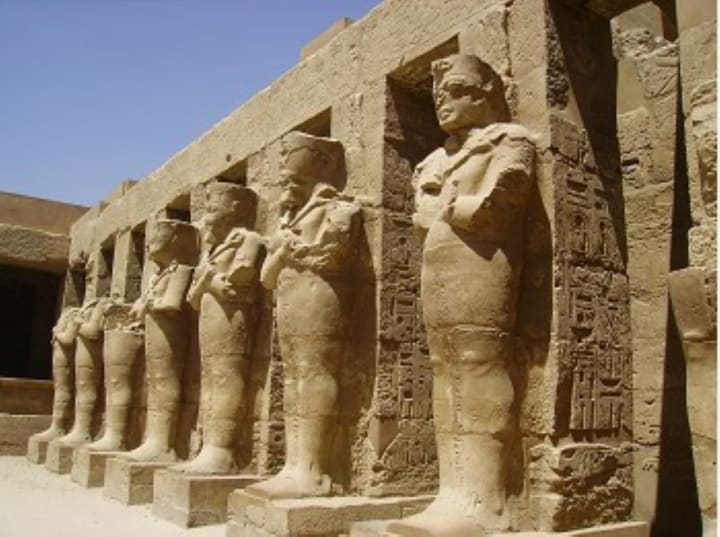
Literacy
Contrary to popular belief, literacy existed on the entire continent before Europeans arrived, and it took many different forms. In West Africa, griots—mobile encyclopedias—preserved oral history. Before the arrival of Christianity and Islam, literacy, and literary genres like Qene and Mawandes were present in ancient Ethiopia as early as 1 BC. Like Egyptian hieroglyphs, the Bantu people of Southern Africa used a symbolic writing system. The cave drawings that the San people, who were nomadic hunters and gatherers, left behind depicted their cultural practices and myths. African communities had the capacity for additional language evolution, even though writing was not substantially developed due to their nomadic lifestyle.
In addition to these accomplishments, Africa has made contributions to mathematics that predate Western understandings of ideas like fractal geometry and the binary system. African ideas have helped famous people throughout history, including Pythagoras, Aristotle, and Pablo Picasso. Evidence supports that ancient Egyptians were of African heritage, despite efforts to discredit the achievements of the black man.
The rich history of Africa deserves to be honored and celebrated but is frequently eclipsed by colonial narratives. By recognizing the pre-colonial accomplishments of the continent, we can combat the false stereotypes that have dogged it for centuries and embrace the depth of its glory.
About the Creator
Joel Edward Gblee
Joel is an enigmatic wordsmith and a storyteller whose imagination knows no bounds. With his hands dancing across the keyboard, he weaves captivating tales that transport readers to exhilarating realms and leave them yearning for more.




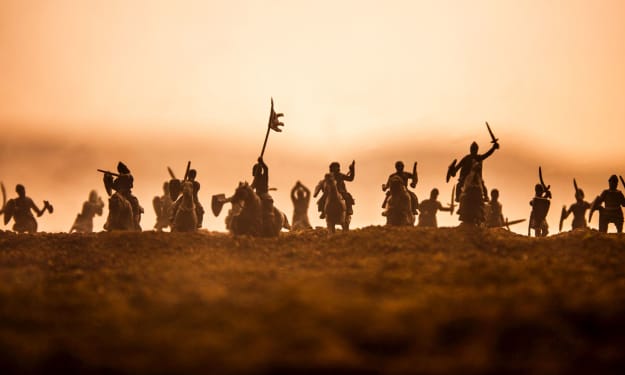

Comments
There are no comments for this story
Be the first to respond and start the conversation.